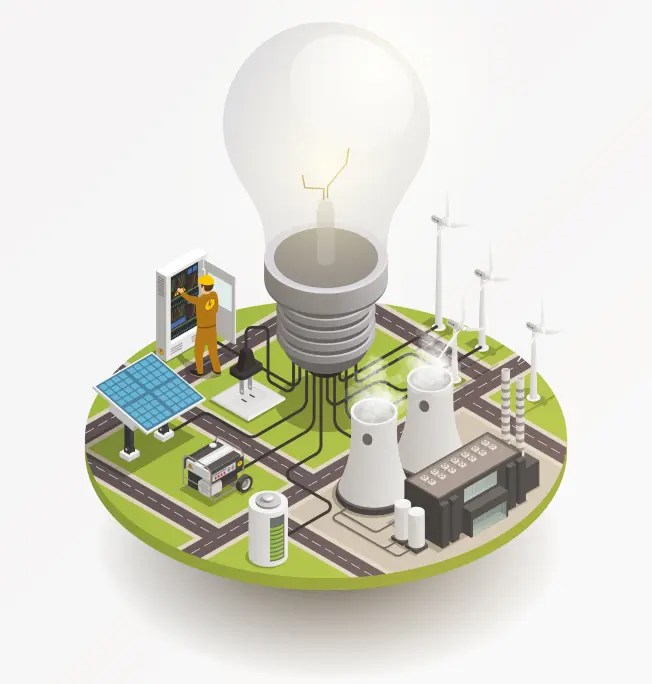M. Tech in Power Electronics and Renewable Energy Systems
Overview
Power Electronics and Renewable Energy Systems
Power electronics and motor drives constitute a complex and interdisciplinary field which has witnessed spectacular evolution in the last few decades. Recently Renewable Energy Systems has extended the frontier of the application of these technologies, which has helped the society at large to an unprecedented scale. Power electronics has been applied extensively in industrial, commercial, transportation, aerospace, military and a variety of systems. In the most importantly developing field of smart grid, the role of power electronics and drives in high voltage DC (HVDC) systems, flexible AC transmission systems (FACTS), photo voltaic (PV) energy conversion systems, wind energy systems (WES), fuel cell energy conversion systems, along with electric vehicles, uninterruptible power supply systems (UPS) and the like, will be tremendous. Deployment of renewable energy systems has increased manifold all throughout the world. The increasingly important role of power electronics and drives is very obvious, with many of their applications in renewable energy systems and smart grid, while integrating the novel developments in the field of artificial intelligence, machine learning and cyber security systems.
The recent developments in power semiconductor devices based on the wide bandgap (WBG) materials like Silicon Carbide (SiC) and Gallium Nitride (GaN) have stretched the boundaries to higher efficiency, higher switching frequency, increased power to volume ratio, higher voltages and higher temperatures of operation.
About the Program
The M Tech program in Power Electronics and Renewable Energy Systems is a Master’s program offered to students who are interested in learning and building a fruitful career in the broad field of power electronics and drives, which finds wide applications in many industrial, commercial and automotive sectors to name a few. Emphasis is further put on training the students towards the latest developments in renewable energy sector, which finds a promising place in the upcoming and future smart grids.
The program is flexible enough to allow a student to specialize in any topic of interest by taking elective courses and working on a research project in that area. The program is also intended to have a design project in their first two semesters. The program is a 60+ degree program, which is spread over 4 semesters for a full-time student. About two-thirds of the credits involve coursework, and the remainder consists of project work. The emphasis is on conducting original research and writing a thesis that reports these results.
Courses
The courses proposed are in the diverse categories of power electronics, electric drives and renewable energy systems. The courses on power electronics will cover the design, implementation and control of various power converters with emphasis on the newly developing devices based on wide bandgap semiconductors. The courses on electric drives will cover different electric drive systems, with emphasis on the working principle, modelling, design and high performance control. This will include the recent developments like speed and position sensorless drives, application of artificial intelligence and new topologies for electric motor drives. The courses related to renewable energy systems will cover the various renewable energy resources, their conversion to electrical energy and integration to the grid. Microgrids with standalone operation and grid connected modes will be dealt with in great detail, including their design and control aspects. The electives are proposed in each of these domains to introduce the student to specific recent developments like application of artificial intelligence and machine learning to power and energy domains.















